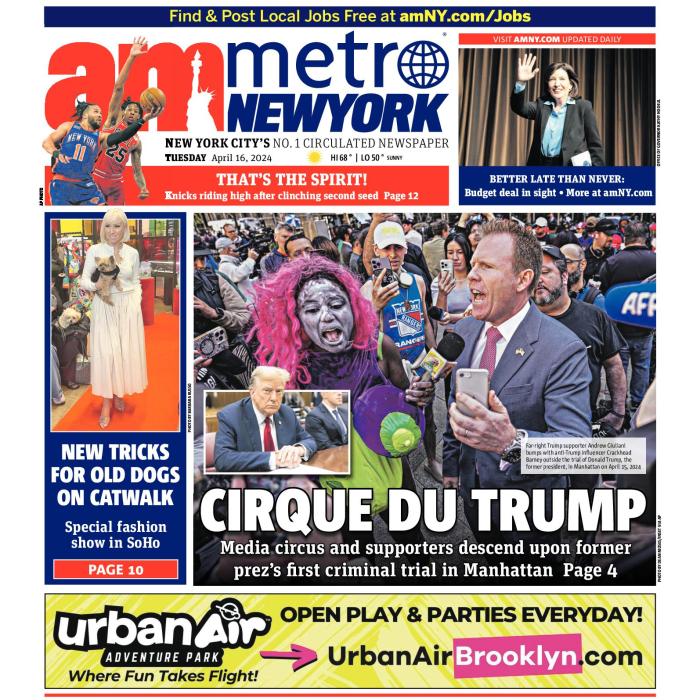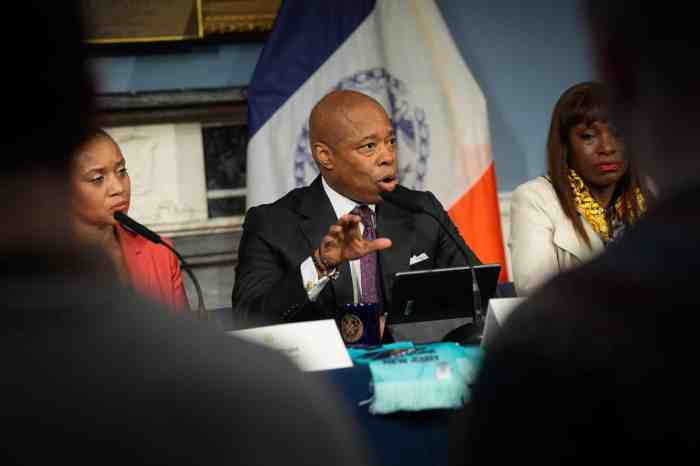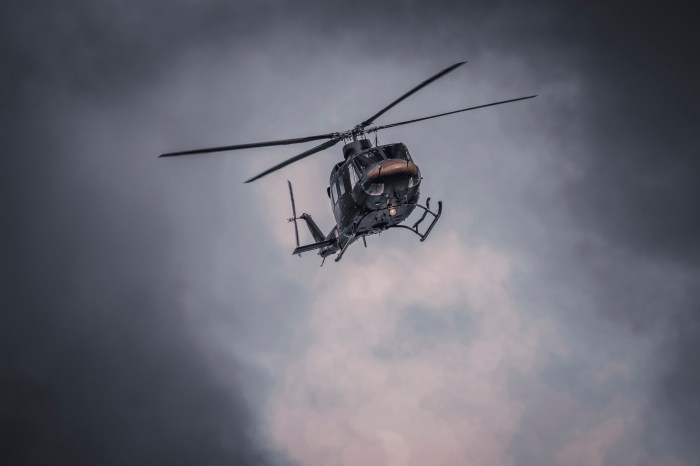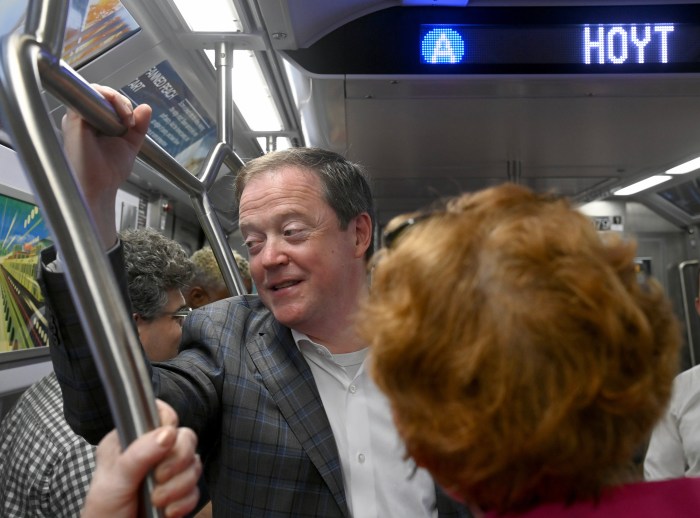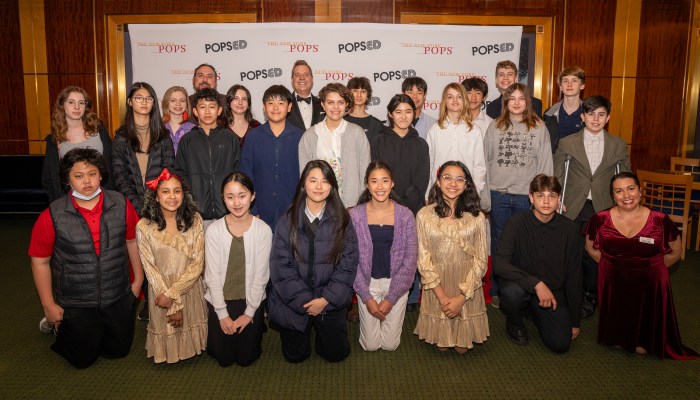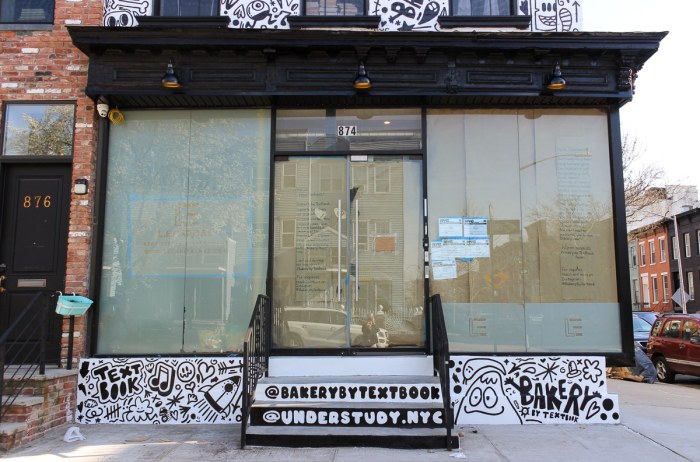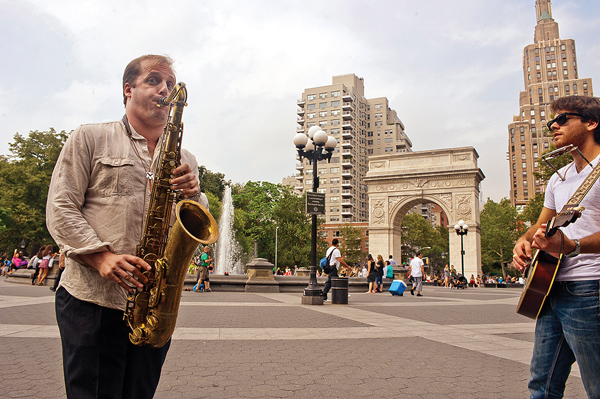
BY DAVID SOBEL | On the Fourth of July, I arrived in Washington Square Park with my tenor saxophone in hand, but I wasn’t just another busker. I was there to get an insider’s account of the ongoing music noise debate for The Villager.
A 44-year-old guy from the Upper East Side, I hadn’t played my horn in four years. After getting laid off in March, I felt the urge to perform again. My friends, girlfriend and parents had suggested that I busk around the city. When The Villager gave me the assignment, it felt like kismet.
Walking into the park was like arriving at a music festival. A banjo duo strummed bluegrass on the west side. Near the arch, a jazz quartet fronted by a young alto saxophonist burned through bebop tunes. Folk singers with guitars played on benches near the fountain plaza’s east side, where the piano usually is.
I looked for someone to jam with. The bebop kids had a focused vibe. I didn’t want to interrupt them.
The folk singers seemed a mellow bunch, but tenor saxophones are powerful. The late Stan Getz had a soft tone that filled auditoriums without a mic. I imagined drowning out the folkies while they tried singing light acoustic melodies. It would make for good comedy, but I decided against it.
Eventually, I approached a young guy playing Dylan tunes on guitar and harmonica. A fedora stuffed with cash was on the ground in front of him.
“Want to jam?” I asked.
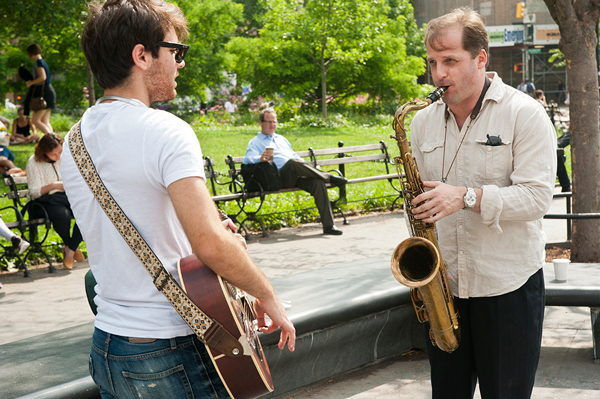
He responded as if I were a recording producer offering him a contract. He was a 19-year-old Los Angeles transplant named Albert Romiel, and he was here to make it in New York City’s music scene. I smiled as I remembered moving to Brooklyn two decades ago for the same reason.
I took out my sax. I could barely hear the instruments and singers from the other groups. That was probably because they were facing into the square. I heard splashing water, kids yelling and people laughing. The music was in the background.
Albert struck up a blues on his guitar. I leaned into “Night Train,” the classic melody played by the dance band in “Back to the Future.” I tensed up as a Park Enforcement Patrol officer with a decibel meter walked toward us.
The PEP officer looked at me and moved on.
“He checked me yesterday,” Albert said. “He said I was in the acceptable range.”
I laughed. There were people talking louder than Albert’s guitar playing, and my saxophone was more forceful than his harmonica.
Maybe the PEP officer wasn’t a Dylan fan.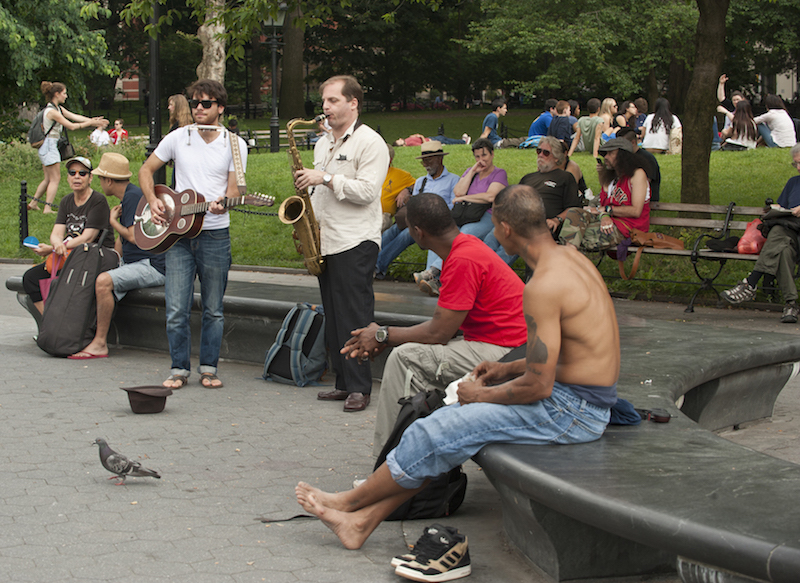
We continued our session as tourists put money in the hat and snapped pictures. Locals on bikes stopped to listen. People filmed us with video cameras and applauded.
“I want to thank you for making this a lovely afternoon,” an older man told us. “It’s so nice to hear good music in this park for a change.”
I was nonplussed. It was one of the busiest days in the park, and I was playing as fully as I could. None of the people relaxing on the grass seemed the least bit upset. Maybe it was because of the holiday.
I took a few bucks from Albert’s fedora, thanked him, and packed my horn.
On the following weekend, this time it was Tic and Tac, the park’s premier performance troupe, who were getting all the attention. Their routine was a vaudeville-like combination of slapstick comedy, breakdancing and acrobatics backed by two percussionists pounding out polyrhythms. The crowd cheered. Noise enforcers were nowhere to be seen.
“They come after us because of the drums, and it’s usually at night,” the drummers told me later. “They never bust anyone else.”
I felt relieved, but sad. Washington Square was Tic and Tac’s stage. I was an amateur. I didn’t have to defend myself at community board meetings or worry about my livelihood being shut down. Such was the guilt of a privileged white saxophonist.
Still, I wasn’t sure how late these guys played. I’d probably be upset if I could hear loud drums outside after nine or ten o’clock at night.
There was still no pianist near the east side entrance, but a trumpet player was improvising on “Autumn Leaves.” I sensed he didn’t want another horn stealing the spotlight.
I went back to a bench near the fountain. The trumpet echoed over the tourists’ voices. It made me think of my college big band days. The trumpets were always the most prominent.
I got my horn out and played some bossa nova tunes. People dropped a few bucks into my case. A toddler came by and pressed the sax keys, throwing me off. I didn’t mind it, but her father seemed annoyed.
“Don’t worry,” I said. “She’s a budding musician.”
After an hour my chops were shot. The sun was going down. I packed my horn and stood up.
Tomorrow, I’d send out more résumés. If I were lucky, I’d get an interview for a desk job and go back to being a responsible citizen.
If only busking paid the bills.
